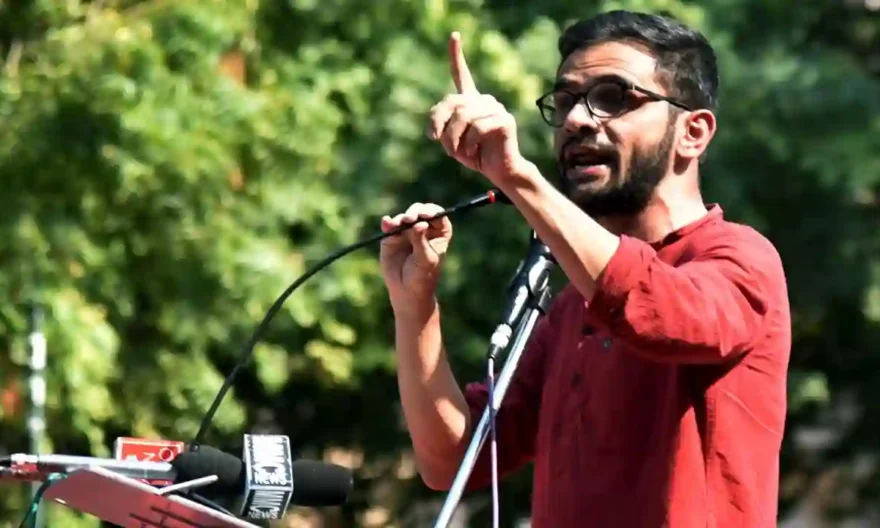
The Supreme Court on Friday adjourned the hearing of Umar Khalid’s bail plea concerning a UAPA case associated with the February 2020 riots in the National Capital.
A Bench comprising Justices Aniruddha Bose and Bela Trivedi directed that the bail application will be heard on a non-miscellaneous day and ordered it to be listed after 2 weeks. Senior advocate Kapil Sibal, representing Khalid, concurred with the suggestion, leading to the scheduling of the matter for the subsequent fortnight.
In the Supreme Court, Tuesdays, Wednesdays, and Thursdays are designated as non-miscellaneous days, wherein matters necessitating extensive hearings are accorded priority.
On August 17, Umar Khalid’s hopes for a substantive bail hearing were dashed as his case was initially listed but then omitted from the Supreme Court’s cause list. The last hearing occurred on August 9 before a Bench headed by Justices A.S. Bopanna and P.K. Mishra. However, Justice Mishra recused himself, prompting the rescheduling of the case to August 17 to be addressed by an alternative panel of judges.
The former student leader of Jawaharlal Nehru University is implicated under the Unlawful Activities Prevention Act, within a context intertwined with the Delhi riots of February 2020. The charges against Mr. Khalid is accused of being part of a “larger conspiracy” behind the communal violence.
Kapil Sibal, the senior advocate for Khalid, has persistently emphasized within the courtroom that his client has been jailed for over 2 years of incarceration. He contends that a hearing concerning his plea for personal freedom should not endure further delays.
Previously last October, the Delhi High Court declined Mr. Khalid’s bail request, asserting that he maintained consistent communication with the other co-accused and that the allegations against him held prima facie true.
The High Court contended that the actions of the accused prima facie aligned with the definition of a “terrorist act” as stipulated by the UAPA. It underscored that the protests against the Citizenship Amendment Act had “evolved into violent riots,” ostensibly orchestrated through conspiratorial meetings. The High Court further noted that the testimonies of witnesses underscored Mr. Khalid’s “active engagement” in the protests.




